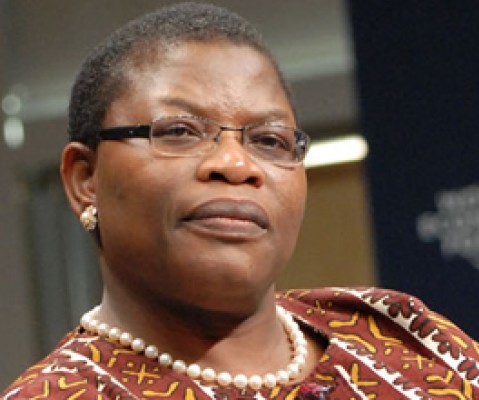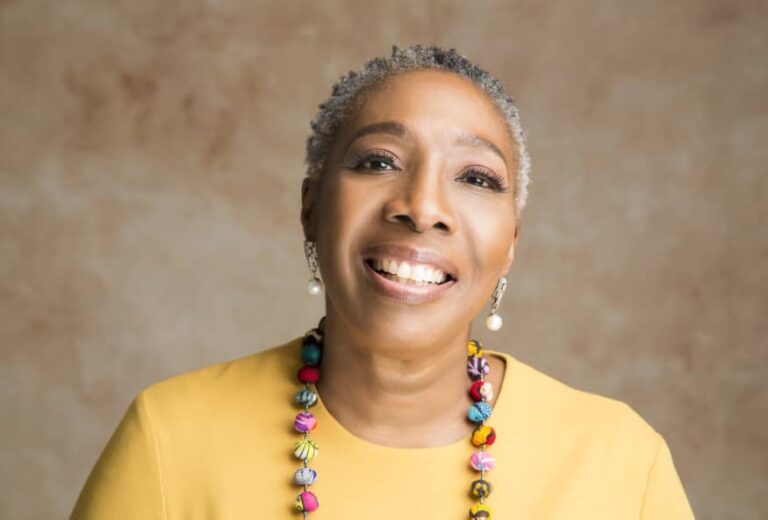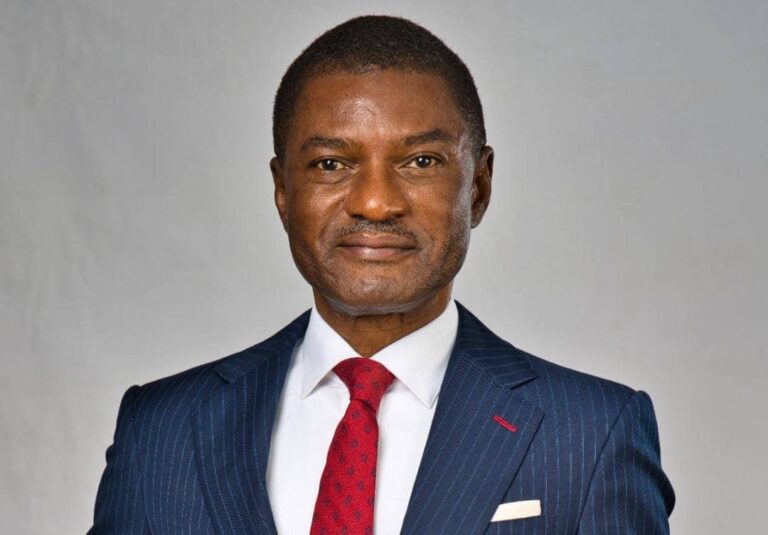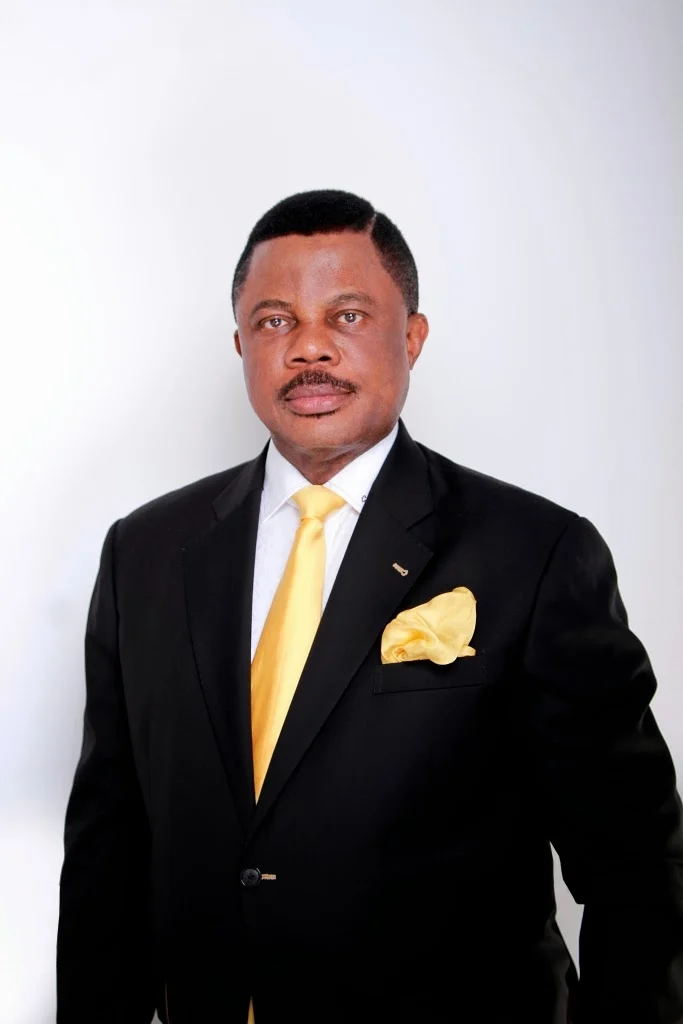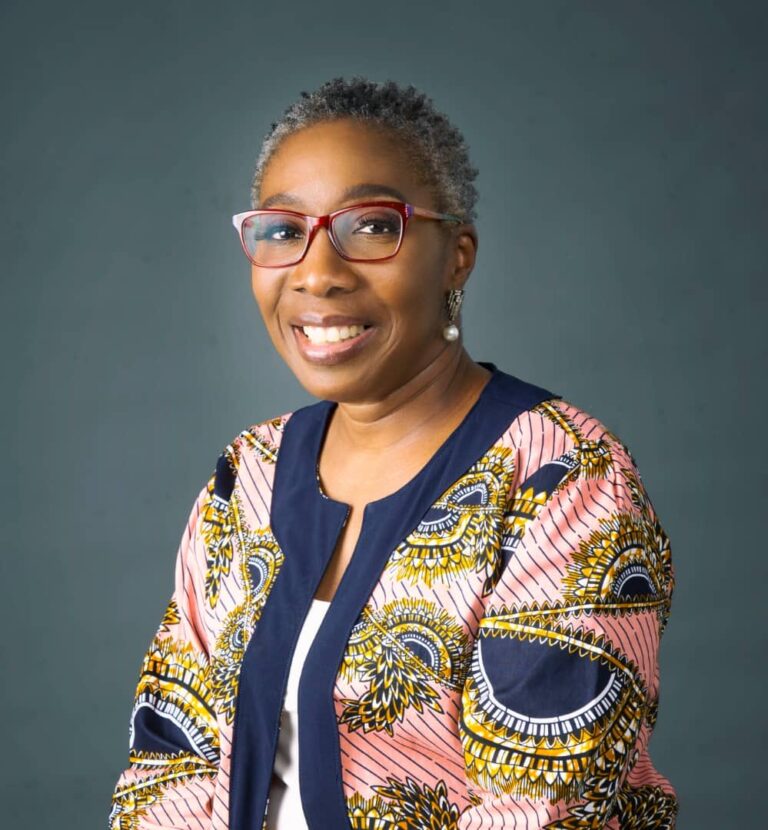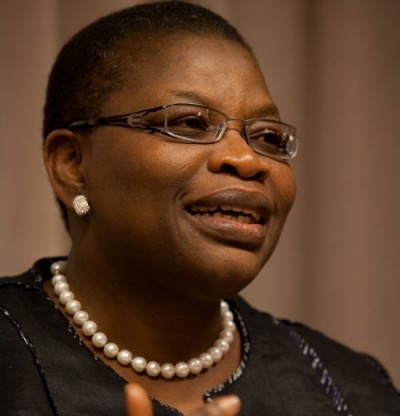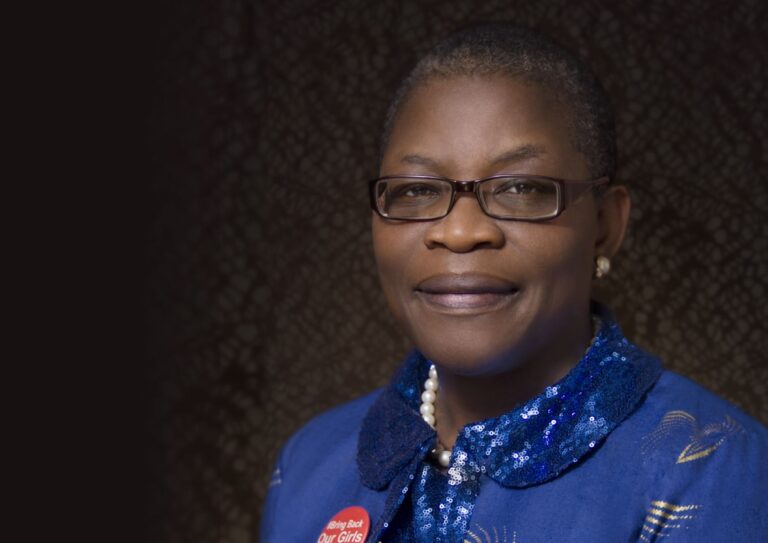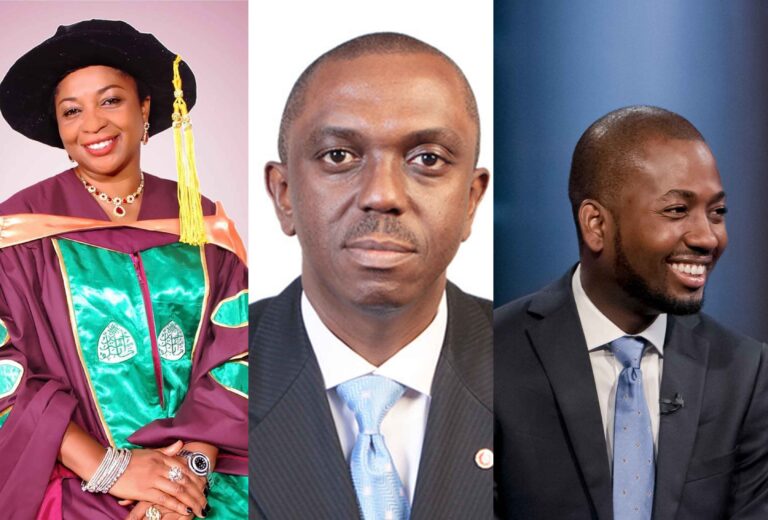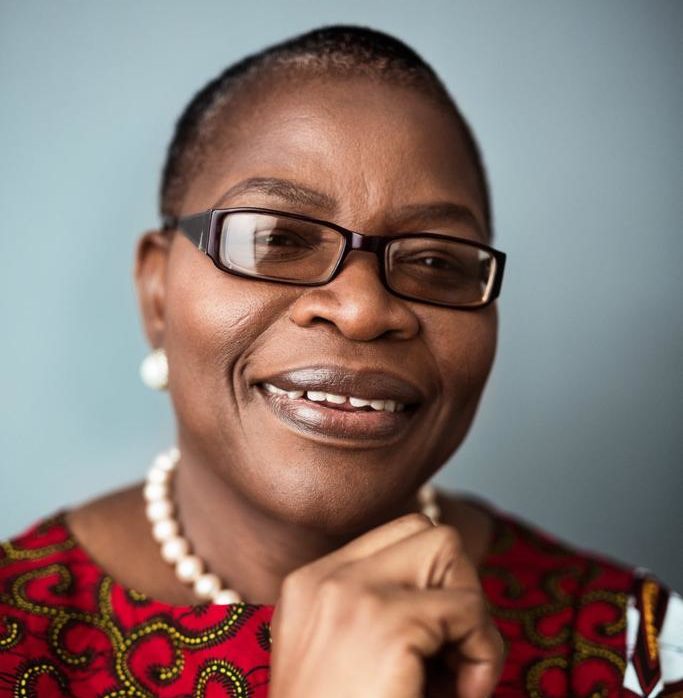With an alarming internal and external debt profile of approximately N183bn, it is baffling to see the Enugu State government attempting to borrow additional N170bn.
In effect, this administration seeks to open its loan portfolio with 182.79 per cent increase above the N93bn domestic debt accumulated over the eight years of the Ifeanyi Ugwuanyi administration. It is also interesting to note that the loan amount exceeds the 2023 total budget presented in December 2022.
This will take our state above the stipulated borrowing limit by the Debt Management Office by 226 per cent and make Enugu the fourth most indebted state in the country.
In the past year, I have spoken extensively about the poor fiscal conditions of the state and the need for drastic cost-cutting measures to pull us out of the economic morass the previous government plunged us into. The Ugwuanyi administration closed with a domestic debt of N93,197,207,627.52 and external debt of $120,667,083.51. The prospect of further increasing our debt profile is not in the best interest of our economy.
At present, Enugu’s debt per capita ratio, which represents how much debt the government owes on behalf of each citizen, stands at N23,907. This additional N170bn will double and triple our debt per capita ratio next year. This means that the government will owe an estimated N67,500 on behalf of each citizen, which is a far cry from the zero per cent poverty headcount index promised by this administration. To put this in perspective, the state spent N3,506.84 per capita on education and N1,559.1 per capita on health in 2022. Enugu is the 10th poorest state in Nigeria and the second poorest in the South East, with a poverty rate of 58.13 per cent behind Ebonyi.
The stagnant economic situation in the past decade begs the question of what the previous loans were spent on. Roads, hospitals and schools are in deplorable state. Teachers’ salaries and pensions remained unpaid for several months, despite the huge sums quoted through the years.
While I am not against borrowing for development purposes, it should be consistent with the Open Governance Partnership requirements for transparency and accountability, per the provisions of the DMO for fiscal responsibility, and with the citizens apprised of the purposes of these facilities.
This development raises several concerns.
According to DMO’s provisions for Domestic Capital Market borrowing, states and the Federal Capital Territory are to ensure that their loans outstanding at any particular time, including the proposed loan shall not exceed 50 per cent of the actual total revenue for the preceding year. (Investment and Security Act, 2007, Part XV, 223 (1b) quoted in the provisions of the DMO).
With Enugu’s reported actual total revenue for 2022 being N128bn, the acquisition of a domestic debt of 170bn, which takes its total debt profile up to approximately N354bn, will exceed the stipulated limit by 226 per cent. (I must make a side note about the Herculean task of downloading the quarterly performance reports from which the total revenue for 2022 was extracted, as it is unavailable anywhere else).
The Act also provides that, “The DMO shall conduct a Debt Sustainability Analysis to ascertain that the Monthly Debt Service deduction of the state or FCT, including the servicing of the proposed bank loan being contemplated, does not exceed 40 per cent of the Total Monthly Revenue (Federation Account Allocation Committee and Internally Generated Revenue) of the state or FCT for the preceding 12 months, and make a recommendation to the minister as appropriate.”
First, the government is in breach of the law and is intentionally jeopardising the economic health of the state and, ultimately, the welfare of the people. Concerning the stated percentage allowed for debt servicing, what is the viability of maintaining a monthly debt service deduction below 40 per cent of revenue when the state’s total liabilities is consolidated? If it technically falls below the threshold, how will this reflect on the economy in real terms? Unfortunately, figures and terms of indebtedness for Enugu are not readily available for public evaluation. The government must shun the practice of opacity in managing the state’s accounts and embrace transparency.
Second, the financial institutions offering these facilities will also be acting in breach of the law and liable to sanctions as provided. Have Fidelity Bank and Globus Bank calculated the costs?
All financial institutions shall request and obtain proof of compliance with the provision of this part before lending to any government in the federation. Lending by banks and financial institutions in contravention of this part shall be unlawful (Fiscal Responsibility Act, 2007, Section 45).
Third, how does Enugu government propose to circumvent the provisions of the FRA and DMO to get approval for these loans?
Moreover, the speed of approval by the Enugu House of Assembly is noteworthy. A loan request of this magnitude should be rigorously vetted and analysed before a decision is taken. The legislative arm must provide a buffer to avoid executive excesses.
I must also question the proposed use of a portion of the loan for salary payment. Beyond the breach of the provision in the FRA that the government at all tiers shall only borrow for capital expenditure and human development, it is a sad reality that Enugu has joined the league of states, which borrow to service recurrent expenditure.
With regards to the proposed ‘infrastructural developments’, they must be clearly outlined and published along with the cost-benefit analysis detailing the economic and social benefits (FRA, 2007, 44), what specific projects will be executed and in what ways will these attract investments as promised by the government?
These further buttress the reason our accounts must be made public. This will give citizens the tools to hold the government accountable and give them the confidence to support the government.
It is the business of every citizen to know how much the state has and how much it owes. Again, I encourage the state to take a cue from the action of the Central Bank of Nigeria, which took a bold step to publish its audited accounts, giving Nigerians a clear sense of our commitments to both internal and external publics.
Another key area of concern is the repayment plan as stated in the letter of request signed by the Secretary to the State Government, Professor Chidiebere Onyia.
The letter stated, “The loan will be repaid via Irrevocable Standing Payment Order on consolidated Enugu State IGR accounts, which would be domiciled in Fidelity Bank and domiciliation of JAAC/FAAC/Infrastructure Support.”
This is a blatant encroachment on the fiscal autonomy of the local government, which was one of the major challenges to development under the previous administration. It is undemocratic and will not be prudent of this present administration to adopt the behaviour of its predecessors.
In addition, the sustainability of these debts and the proposed repayment plans are questionable, considering our current revenue and liabilities. What is the plan to astronomically grow the IGR without placing a heavier tax burden on the already depleted pockets of citizens?
Finally, and most importantly, is the question of transparency and accountability. We need to see a detailed plan for expenditure, and stringent measures for monitoring and evaluation of the proposed projects.
On September 4, 2023, I noted that no further discussion had been raised concerning the 2023 budget after the previous administration’s presentation in December 2022. Neither had the federal allocations to the state been made public, though an estimated N21bn had been disbursed to the state’s coffers from FAAC at the time.
This situation remains the same today and we also do not know our IGR since the new government was inaugurated in May. While the House of Assembly reportedly approved a N58bn supplementary budget, the document is not available for the public to review, nor has any clear plan been communicated, for which these humongous borrowings are being effected.
We must elevate the place of accountability in our governance. Every sitting government in Enugu must commit to providing information and ensuring transparency in managing the state’s account. Appropriate mechanisms must also be emplaced to track the deployment of these resources.
Enugu State faces the heightened risk of economic meltdown if fiscal responsibility, transparency, and accountability are not prioritised.
As a citizen of this state, I demand that the government respond to these concerns and reevaluate the management of the State’s accounts.
The sun will rise again. Our glory will be restored. Our state will be rebuilt.
May we live to see the reigniting of the Coal City.
God bless you. God bless Enugu State.


